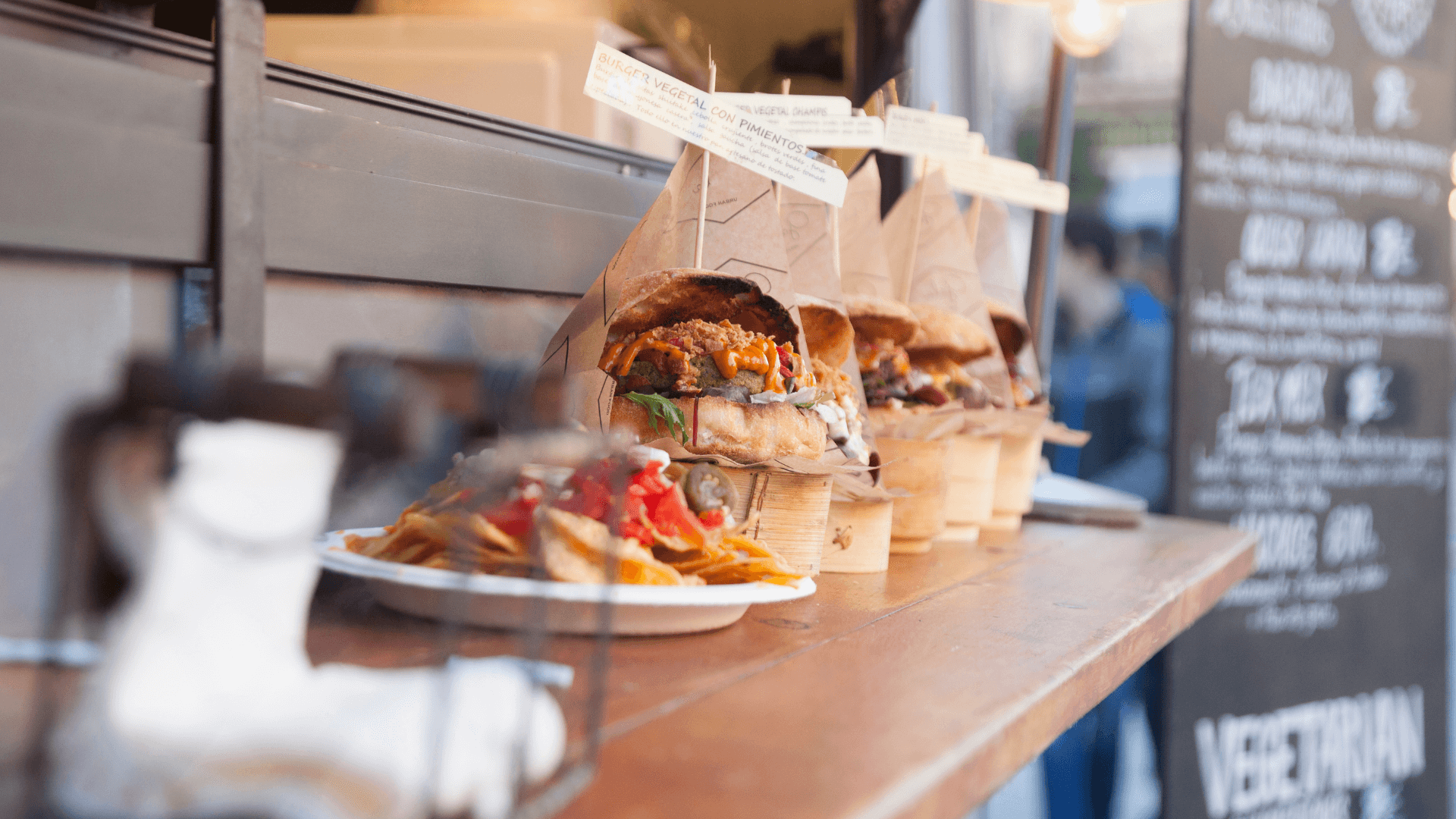Trend predictors have forecasted that 2024 will be the most vegan year yet – as in, more people will become vegan next year than in any other year in history. This is pretty big news, especially when combined with other predictions such as that a quarter of consumers in the UK will be meat free by 2025. While we don’t have such detailed forecasting in South Africa, we can assume that we will follow global trends, and see a decrease in animal consumption over the next few years. Local court cases between alternative protein companies and the red meat industry indicate that the latter industry is certainly worried.
Consumers are becoming increasingly aware of the impact of their food choices. – Caitlin Kennedy
Intensive animal husbandry has been fairly conclusively shown to be harmful to animals, detrimental to the environment and not sustainable. Many consumers also question the health benefits of eating animal protein, especially when the animals were raised in a factory farm environment. For these reasons, many are opting to either cut down on their meat consumption, follow “flexitarian” diets, or opt to go fully vegetarian or vegan. The net result is that there are a whole lot more people looking for alternatives to meat, poultry, seafood, eggs and dairy.
Many people are opting to cut down on their meat consumption, follow “flexitarian” diets, or go fully vegetarian or vegan. As a result, a whole lot more people are looking for alternatives to meat, poultry, seafood, eggs and dairy. – Cailtin
The question then is, what will all these hungry meat-free consumers be eating? While laboratory grown meats that remove many ethical concerns around animal proteins may be in our future, we are not quite there yet. So, the current options are down to either more plants, or imitation products.
View this post on Instagram
2019 was the year of fake meat. Companies such as Beyond Meat and Impossible rapidly became internationally recognised brands, helped by celebrity investors such as Leonardo DiCaprio. For a while, it seemed like this would be the future of veganism. The desire to replace meat with a vegan alternative is understandable in a Western (and South African) diet. Most of us have been raised to consider a “complete” meal to be made up of meat, starch and one or two veggies.
Enjoyment of food is such an integral part of being human, and no one wants to feel like they are missing out, or getting less, because of their moral choices. – Caitlin
In the years since 2019, however, many of these companies have experienced rapid declines. Beyond Meat, one of the most internationally successful brands, saw their share prices plummet by 80% in 2022 after reporting a 30% decrease in revenue for the year. Many other companies felt a similar squeeze. To a certain extent this is down to increased competition. As the vegan market rapidly expands, many companies including meat producers and supermarket chains have raced to offer their own vegan ranges. So really, while the data makes it look as though the industry is flailing, it is in fact still accounting for a larger market share every year.
Consumer feedback does however show that the alternative proteins on offer aren’t quite filling the gap left by removing meat from the menu. In a recent global survey, results showed that while 61% of consumers intended to eat less meat this year, 40% planned to reduce their fake meat consumption.
The most commonly cited issue with fake meat is price. Once the novelty of trying a new “just like meat” product has worn off, vegan protein alternatives tend to cost more gram for gram than their meat alternatives. – Caitlin
Another concern is the processed nature of most of these products, and their questionable health benefits. Most meat replacements are designed to satisfy a guilty pleasure craving, with burgers and nuggets being the two most commonly produced items. Given such a limited product range, the flavours quickly become boring. While there are some innovative companies starting to produce “whole meats” such as chicken breast and fillet steak, and others jumping on the tinned seafood trend by producing vegan versions, for the most part fake meat technology is far from creating convincing alternatives.
Another concern is the processed nature of most of these products, and their questionable health benefits. Many consumers would rather turn back to plants, where there is larger scope for experimentation and variety. – Caitlin
Until such a day, many consumers would rather turn back to plants, where there is larger scope for experimentation and variety. Combined with a general trend towards whole foods, the vegan world seems to be looking beyond replacements. Home chefs are becoming increasingly experimental and eager to incorporate ideas from other cultures, and it would be wise for restaurant chefs to do the same. While protein alternatives certainly aren’t going anywhere, until the industry catches up with consumer demand, it’s probably best to bring a bit more to the table beyond fake meat.



0 Comments